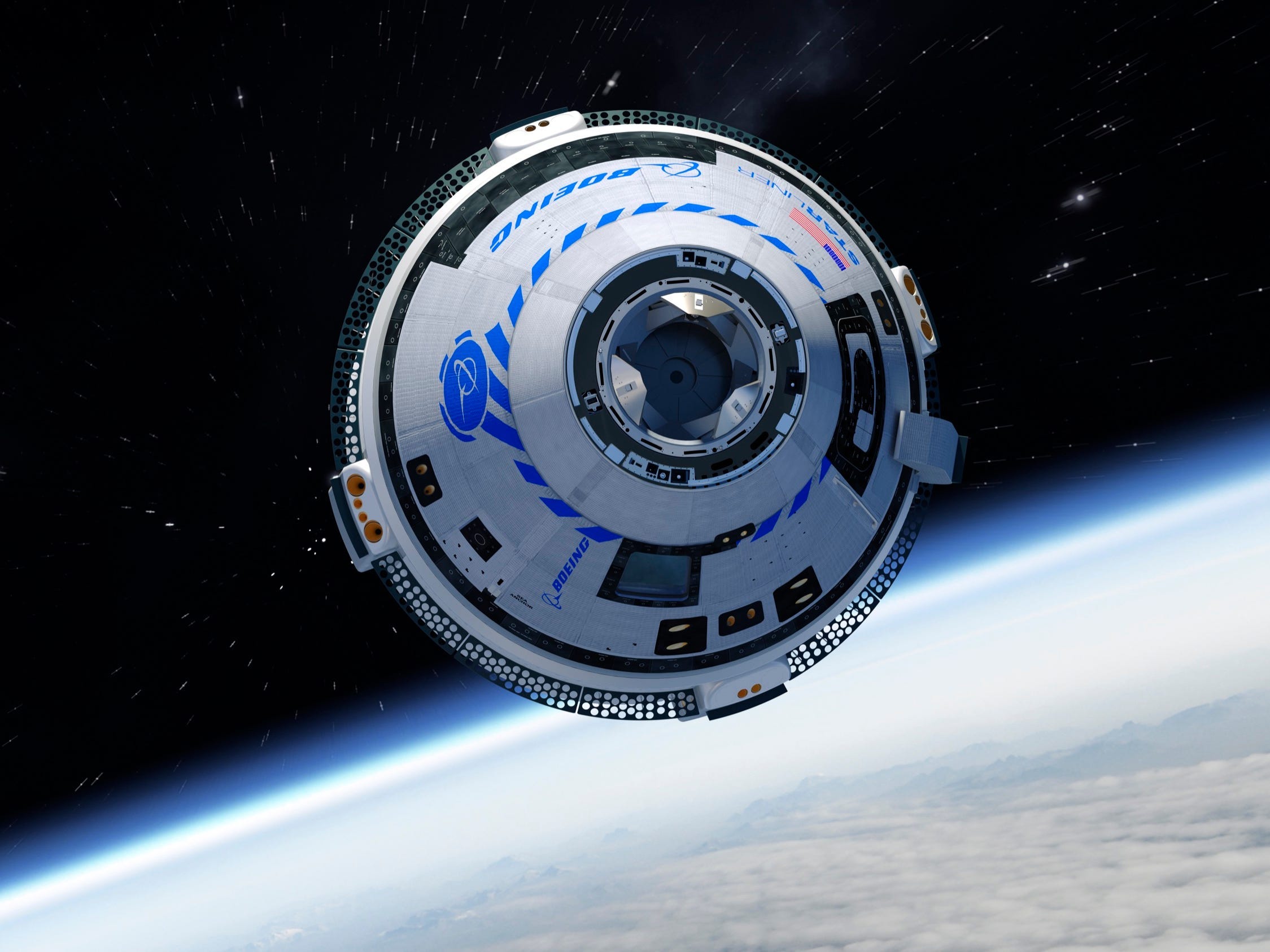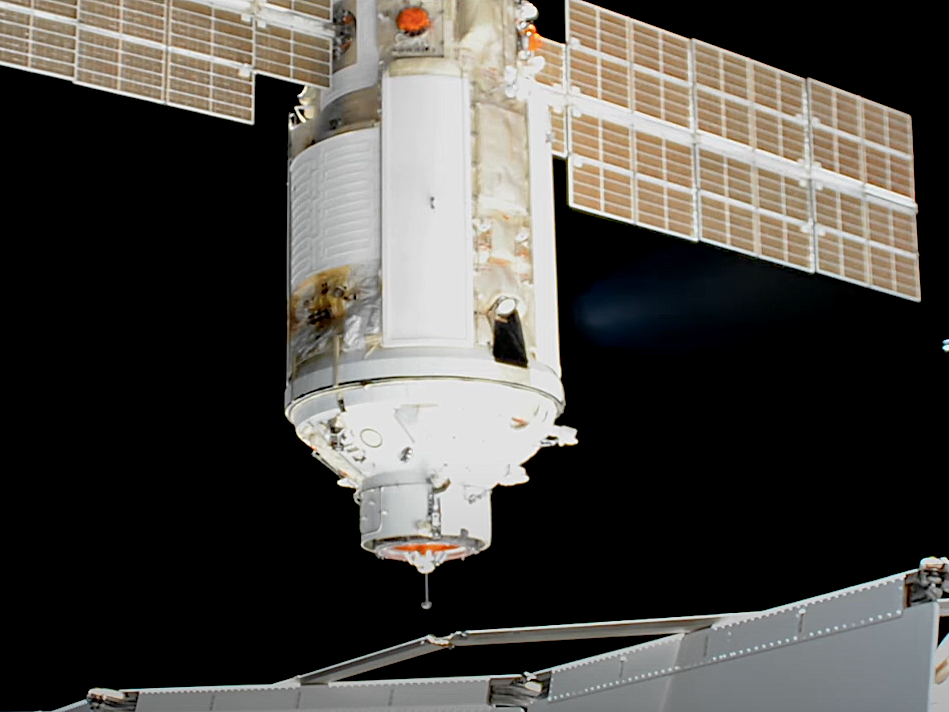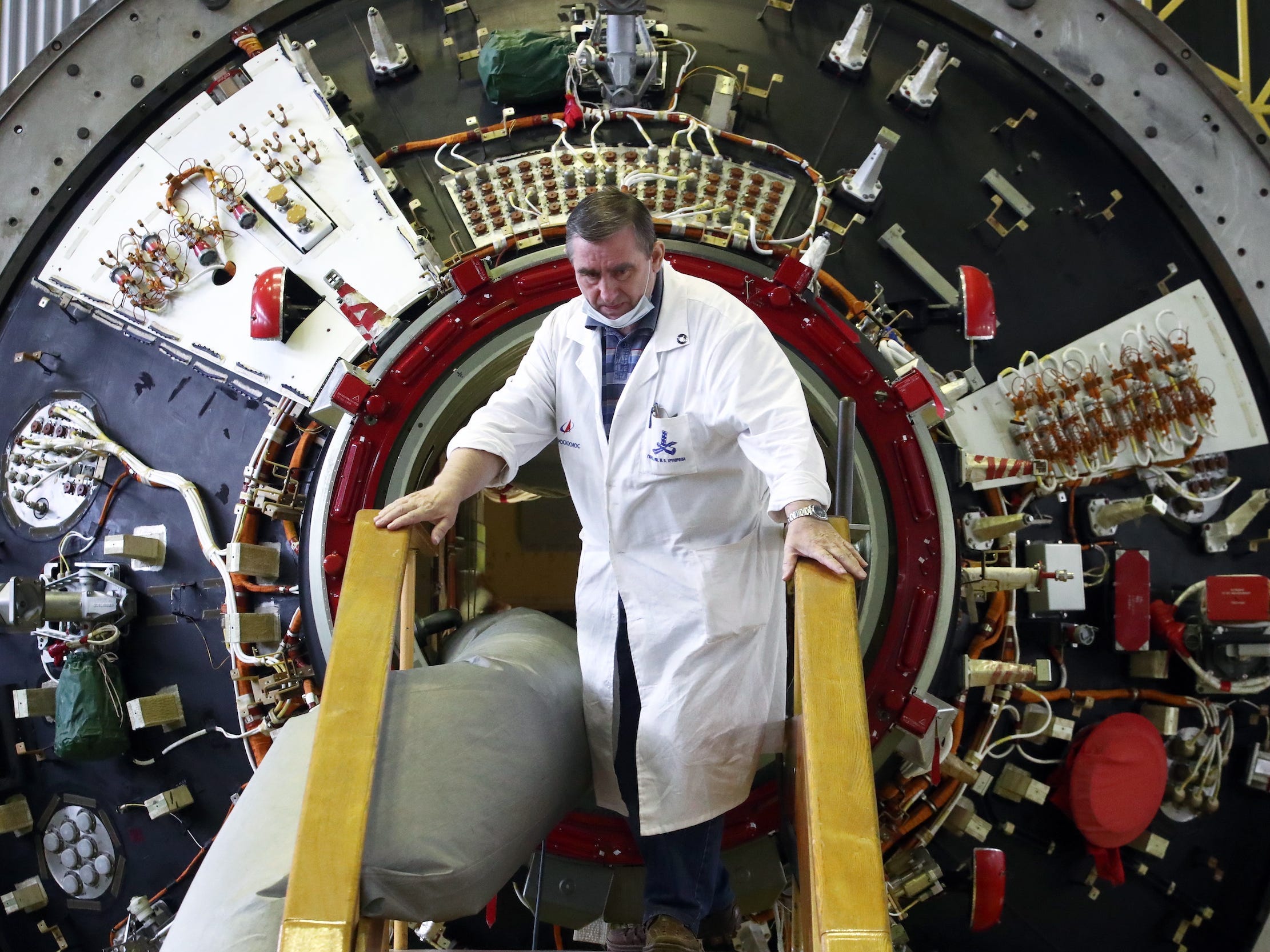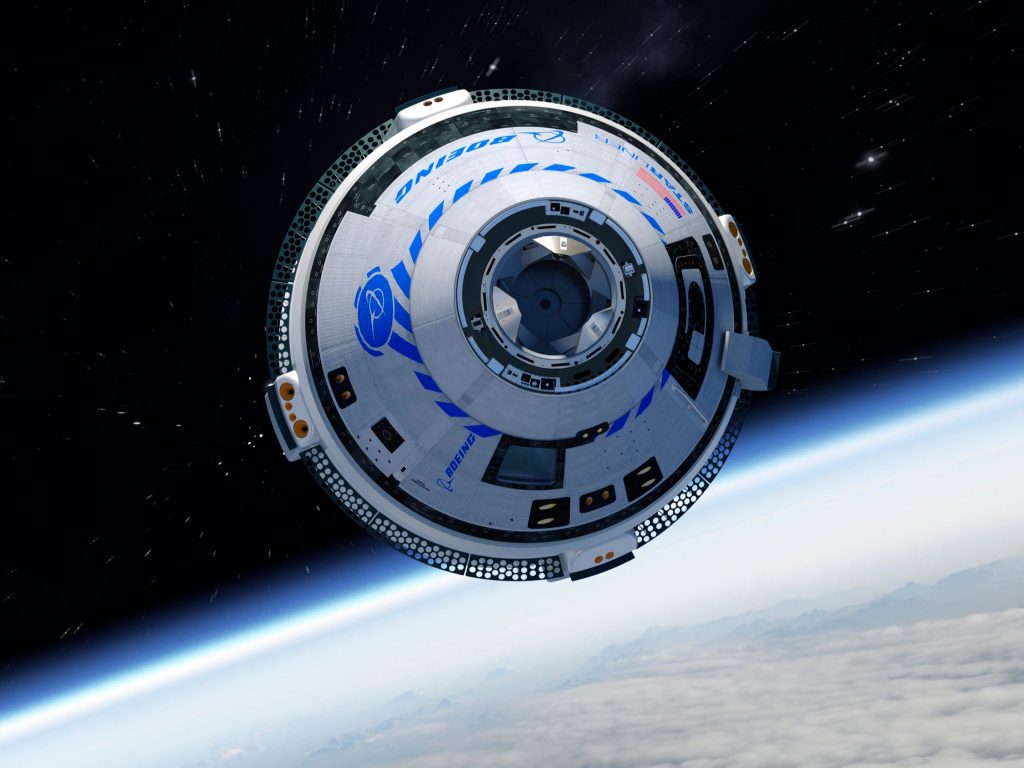
Boeing
- NASA is delaying a test flight of Boeing's Starliner spaceship after a major space-station mishap.
- A new Russian module, Nauka, fired its engines unexpectedly and rotated the space station on Thursday.
- Boeing has to fly Starliner to the station and back before it can launch astronauts for NASA.
- See more stories on Insider's business page.
A major mishap on the International Space Station has forced NASA and Boeing to delay the company's planned spaceship flight.
Boeing was set to launch its spacecraft, called Starliner, toward the ISS on Friday afternoon and dock there on Saturday. This mission is meant to be Starliner's last test flight before carrying its first astronauts. Boeing attempted this demonstration flight once before, in December 2019, but failed to reach the ISS due to software issues. Now the company is trying again, hoping to prove to NASA that Starliner is ready to fly astronauts.
But Boeing will have to wait just a little longer.
That's because Russia added a new module to the ISS on Thursday, then immediately encountered major technical issues. The new module, called Nauka, starting unexpectedly firing its thrusters just hours after arriving at the ISS – which moved the entire station out of position.

NASA via Youtube
NASA announced on Thursday afternoon that it had decided to delay Boeing's Starliner launch. The next opportunity to launch is on Tuesday, August 3, but the agency has not yet shared which date it will target for liftoff.
Boeing is one of two companies - SpaceX is the other - that NASA has funded to develop human-spaceflight systems. Both NASA and Boeing are determined to finish Starliner's test flights and start using the spaceship to ferry astronauts to and from the ISS.
Before SpaceX's Crew Dragon completed its test flights last year, NASA could only use Russian Soyuz spacecraft to fly its astronauts. Starliner's next flight is critical to giving the agency more options.
Nauka encountered technical issues on the ground and in space

Sergei Karpukhin/TASS/Getty Images
Russia originally planned to add Nauka to the ISS in 2007, but technical issues delayed its development on the ground. Nauka finally launched on July 21, but it immediately encountered technical problems. It didn't complete the first engine burn that was supposed to push it into a higher orbit above Earth, so Russian flight controllers had to initiate several smaller burns to push it onto the right path.
The long-awaited science module finally docked to the ISS at 9:29 a.m. ET on Thursday. It latched onto the correct ISS port and sealed itself. Cosmonauts then opened the hatch connecting the module to the station.
But three hours later, at about 12:45 p.m. ET, Nauka suddenly began firing its engines. It took flight controllers about an hour to get the ISS back under control, after playing "tug of war" by firing engines on another part of the station.
The thrusters rotated the ISS by 45 degrees before NASA and Russian flight controllers regained control.
"It's safe to say the remainder of the day is no longer going to happen as scheduled, of course," a flight controller told the ISS astronauts.
NASA says the astronauts on the ISS were never in danger.
Currently there are two cosmonauts, Oleg Novitskiy and Pyotr Dubrov, and five astronauts aboard the station: Akihiko Hoshide of the Japan Aerospace Exploration Agency, Thomas Pesquet of the European Space Agency, and Shane Kimbrough, Megan McArthur, and Mark Vande Hei of NASA.
Aylin Woodward contributed reporting.

